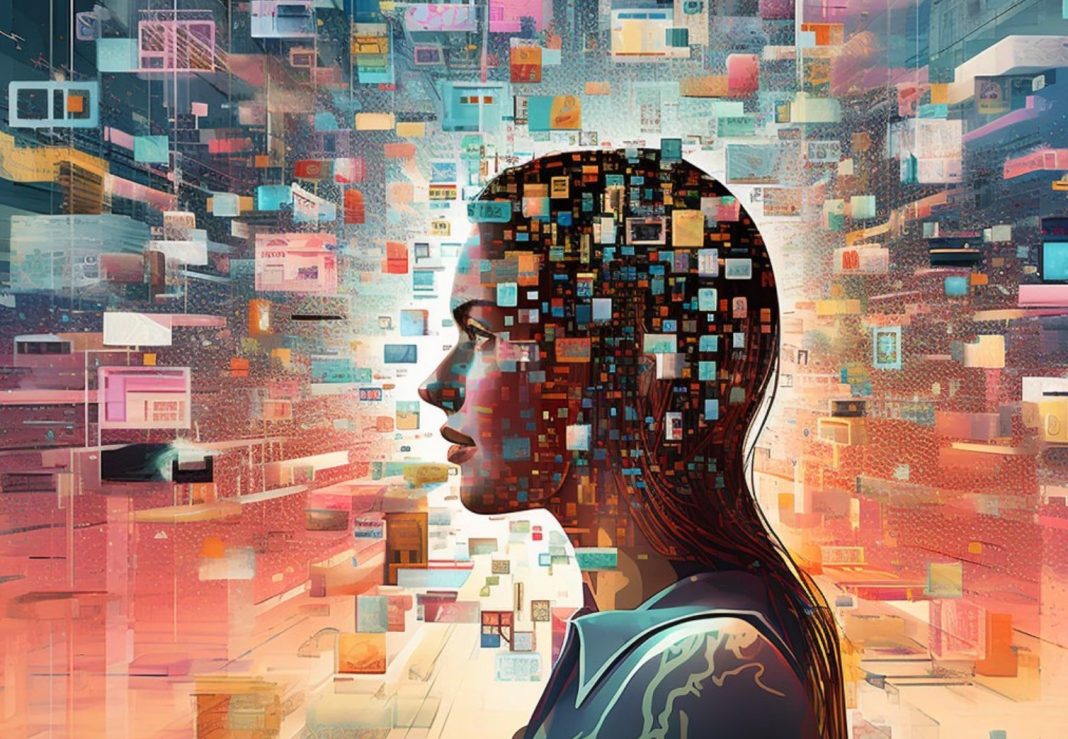The rapid advancement of artificial intelligence (AI) has ushered in a new era of synthetic media, transforming the media landscape with profound implications for content creation, distribution, and consumption. As AI technologies become more sophisticated, their integration into various media processes is reshaping how content is produced, personalized, and perceived.
Pioneering Change in Content Creation
Generative AI, a subset of AI focusing on content generation, has become a pivotal technology in the media sector. Tools like OpenAI’s ChatGPT and Google’s Bard have demonstrated their ability to generate text, music, and digital art, extending their influence beyond simple data organization to creative realms. This shift not only enhances productivity but also introduces new challenges and opportunities in content quality and volume management.
AI-driven content generation tools are designed to produce high-quality content at unprecedented speeds and volumes, offering a significant productivity boost to media companies. These tools enable the automation of repetitive tasks, allowing creative professionals to focus on more strategic activities and innovate within their fields.
Impact on the Economy and Job Market
The integration of generative AI into the media industry is predicted to contribute substantially to economic growth, with estimates suggesting a potential increase in global GDP by $7–10 trillion. However, this shift may also lead to realignment in job roles, as AI takes over more routine tasks, pushing the workforce towards more complex and creative functions.
Navigating Challenges
While the benefits of AI in media are vast, there are significant challenges to address, including copyright infringement and data security risks. Moreover, the rapid deployment of AI tools has sparked debates about the ethical implications of AI in content creation, particularly concerning authenticity and misinformation.
Future Trends
Looking ahead, the media industry is poised for further transformation. AI is expected to increasingly drive not just content creation but also content personalization and distribution, enhancing user engagement through more tailored experiences. Additionally, as consumer preferences evolve, there may be a significant shift away from traditional social media platforms towards new, AI-regulated platforms that prioritize authenticity and user trust.
Furthermore, some brands may choose to differentiate themselves by deliberately avoiding AI to emphasize human craftsmanship and authenticity. This “AI-free” approach could appeal to niche markets that value traditional methods over technological innovation.
Conclusion
The rise of synthetic media represents a revolutionary shift in the media landscape, driven by the capabilities of AI-generated content. As the technology continues to evolve, it promises to reshape not just the media industry but also the broader socio-economic environment, presenting both unprecedented opportunities and challenges.

